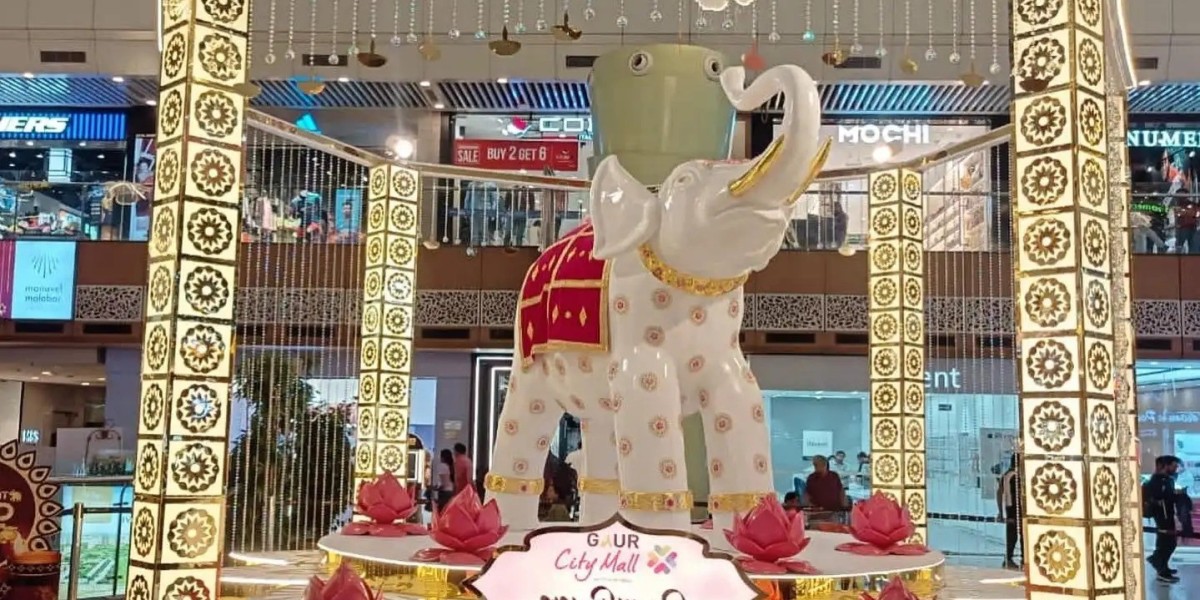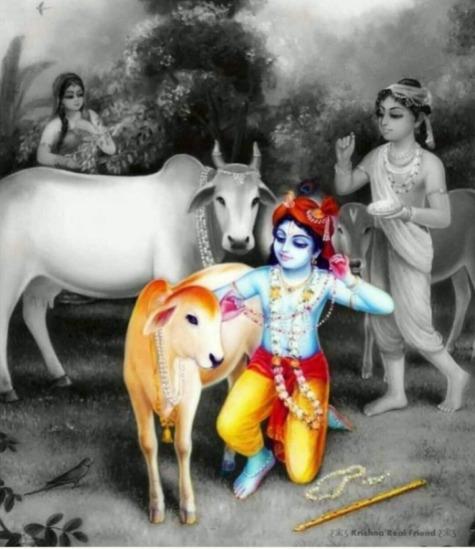Introduction
Shopping malls have transformed from simple retail spaces into community-driven destinations. Today, malls are expected to host events, activations, and experiential activities that keep visitors engaged beyond shopping. This is where mall event management becomes a specialized service — managing everything from seasonal festivals to large-scale brand activations and community events inside malls.
A well-executed mall event:
- Increases footfall.
- Enhances the customer experience.
- Attracts brands for activations.
- Builds the mall’s positioning as a lifestyle destination.
What is Mall Event Management?
Mall event management refers to the planning, execution, and coordination of events within shopping malls to attract visitors, engage shoppers, and drive retail sales. It includes a wide variety of formats such as:
- Seasonal & Festive Events – Diwali décor, Christmas carnivals, Eid promotions.
- Brand Activations – Interactive kiosks, product launches, sampling.
- Live Entertainment – Fashion shows, concerts, stand-up comedy, dance performances.
- Children’s Events – Puppet shows, workshops, art competitions.
- Community Engagement – Blood donation camps, sustainability drives, cultural exhibitions.
Why Mall Event Management is Crucial
- Boosts Footfall
- Events create excitement and draw crowds, especially during weekends and festive seasons.
- Enhances Retail Sales
- Visitors often spend more during event days; 60% of shoppers are more likely to make impulse purchases during mall events (industry reports).
- Strengthens Brand Partnerships
- Well-managed mall events attract big brands seeking experiential spaces for activations.
- Differentiates the Mall
- In competitive urban areas (Delhi, Gurgaon, Mumbai), unique events help malls stand out.
- Builds Community Loyalty
- Events create emotional connections, making malls preferred destinations beyond shopping.
Key Elements of Successful Mall Event Management
1. Event Strategy & Concept Development
- Align events with mall’s positioning (luxury, family-oriented, youth-centric).
- Create a calendar of events around festivals, seasons, and promotions.
2. Space Planning & Design
- Utilize atriums, outdoor plazas, and corridors effectively.
- Ensure traffic flow isn’t disrupted while maximizing visibility.
3. Vendor & Partner Management
- Collaborate with event agencies, tech providers, décor companies, and artists.
- Partner with brand sponsors to offset costs.
4. Technology Integration
- AR/VR booths, LED walls, interactive games.
- Digital engagement via QR codes, apps, or AI-powered kiosks.
5. Marketing & Promotions
- Use social media campaigns, influencer tie-ups, and mall newsletters to promote events.
- Encourage UGC (user-generated content) via selfie zones and hashtags.
6. Safety & Compliance
- Crowd management, fire safety, and regulatory approvals are critical.
- Smooth logistics (sound, lighting, seating) ensure premium experiences.
Types of Mall Events & Examples
- Festive Events
- Diwali décor launches with music & lighting.
- Christmas tree lighting ceremonies with Santa meet-and-greet.
- Fashion Shows & Lifestyle Events
- Mall-wide fashion weeks showcasing multiple retail brands.
- Live styling sessions or makeover corners.
- Children & Family Engagement
- Summer camps, kids’ competitions, storytelling sessions.
- Food Festivals
- Multi-cuisine tasting events to boost F&B outlets.
- Cultural Events
- Regional dance, art exhibitions, craft workshops.
- Brand Activations
- Tech demos, product trials, and immersive installations.
Case Study: Mall Event in India
Event: Christmas Carnival at DLF Mall of India, Noida
- Concept: Grand Christmas décor, Santa parades, choir performances, selfie installations.
- Execution: Multi-zone festive activities across atrium and food court.
- Impact: Footfall increased by 40% during December, with significant sales growth in retail and F&B outlets.
Learning: Seasonal mall events can directly impact both brand visibility and revenue generation.
Challenges in Mall Event Management
- High Costs – Décor, artists, tech installations can be expensive.
- Mall Restrictions – Strict guidelines on noise, space usage, and branding.
- Crowd Control – Ensuring smooth visitor flow while hosting large gatherings.
- ROI Measurement – Tracking sales uplift and brand recall can be complex.
Future Trends in Mall Event Management
- Phygital Events – Hybrid experiences blending physical activities with AR filters, QR codes, and metaverse tie-ins.
- Sustainable Events – Eco-friendly décor, paperless promotions, waste-free setups.
- Personalized Engagement – AI-driven kiosks offering tailored offers.
- Influencer Collaborations – Live mall events streamed on social media.
- Thematic Mega Events – Large-scale festivals (music, gaming, wellness) as mall crowd-pullers.
Conclusion
Mall event management is not just about entertainment — it is a strategic business tool that drives footfall, enhances the shopper experience, and boosts retail sales. As malls evolve into lifestyle and community hubs, event management will continue to play a pivotal role in shaping consumer engagement.








